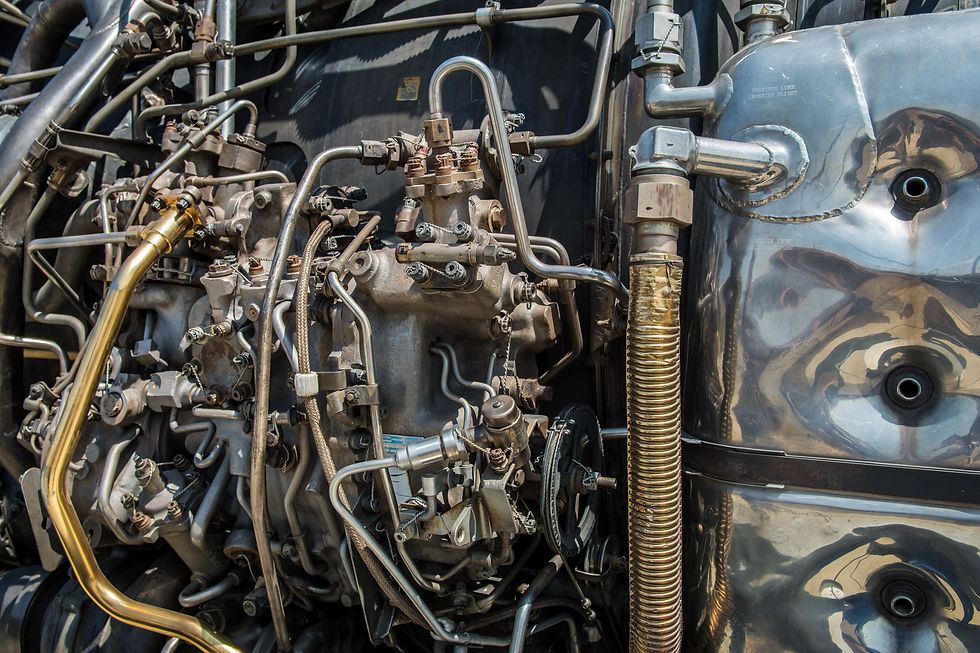
Being an owner operator in the trucking industry comes with its own set of challenges and responsibilities. One of the key factors that contribute to your success is having the right equipment and ensuring its proper maintenance. In this blog post, we will discuss some essential equipment and maintenance tips that every owner operator should know to keep their operations running smoothly and efficiently.

1. Reliable Truck: Your truck is the most crucial piece of equipment as an owner operator. It's essential to invest in a reliable and well-maintained truck that meets your specific needs. Consider factors such as fuel efficiency, engine power, payload capacity, and durability. Regularly inspect your truck for any signs of wear and tear and address any issues promptly.

2. Quality Tires: Investing in high-quality tires is essential for both safety and cost-effectiveness. Good tires provide better traction, reduce fuel consumption, and minimize the risk of blowouts or accidents. Regularly check tire pressure, tread depth, and overall condition. Rotate and balance the tires as recommended by the manufacturer, and replace them when they are worn out.
3. Efficient Fuel Management: Fuel expenses can significantly impact your profitability. Implementing efficient fuel management practices can help you save money in the long run. Maintain a steady

speed, avoid aggressive driving, and utilize cruise control whenever possible. Regularly clean and replace fuel filters, and keep track of fuel efficiency by monitoring mileage and fuel consumption.
4. Proper Trailer Maintenance: If you're using trailers, they need proper care and maintenance as well. Regularly inspect the trailer's lights, brakes, suspension, and tires. Ensure that the trailer is properly aligned and that the cargo is securely loaded and evenly distributed. Maintain a clean and organized trailer to prevent damage to the cargo and ensure efficient loading and unloading.
5. Regular Fluid Checks: Regularly check and maintain fluid levels in your truck, including engine oil, coolant, transmission fluid, and brake fluid. Follow the manufacturer's guidelines for oil change intervals and use the recommended fluids.

Pay attention to any leaks and address them promptly to prevent more significant issues down the line.
6. Electrical System: The electrical system in your truck is crucial for various functions, including lighting, powering the engine, and operating essential systems. Regularly inspect and test the battery, alternator, and wiring connections to ensure they are in good working condition. Clean corrosion from battery terminals and replace worn-out components as needed.
7. Emergency Equipment: Prepare for unexpected situations by carrying essential emergency equipment. This includes a fire extinguisher, reflective triangles, a first aid kit, a spare tire, and necessary tools for minor repairs. Regularly check and replenish these supplies to ensure they are readily available when needed.
As an owner operator, investing in reliable equipment and implementing regular maintenance practices is vital for the success of your operations. By following these essential equipment and maintenance tips, you can enhance safety, efficiency, and profitability. Remember, a well-maintained truck and trailer not only provide peace of mind but also contribute to a positive reputation in the industry.


Comentarios